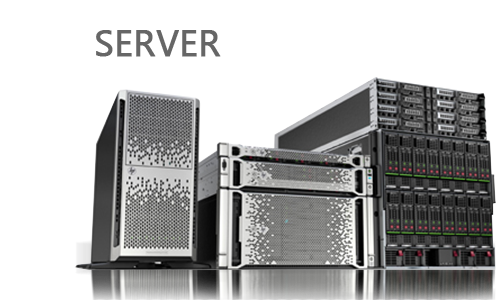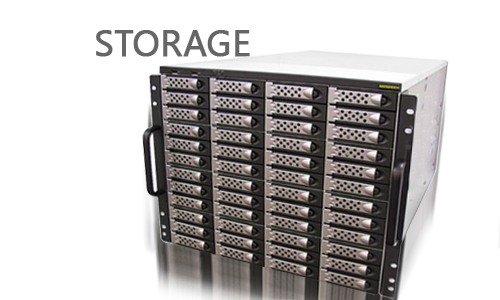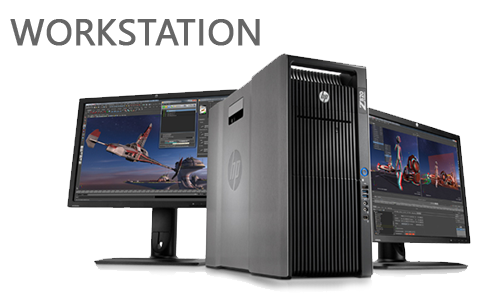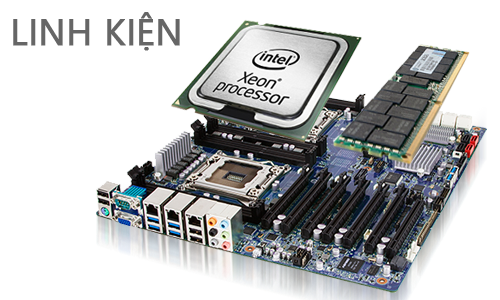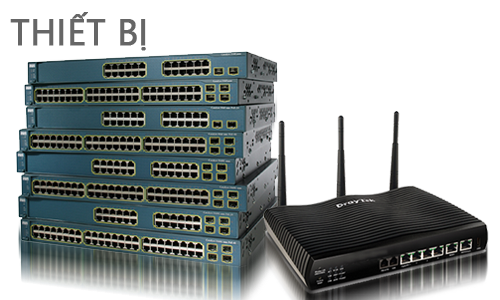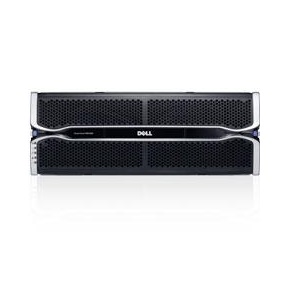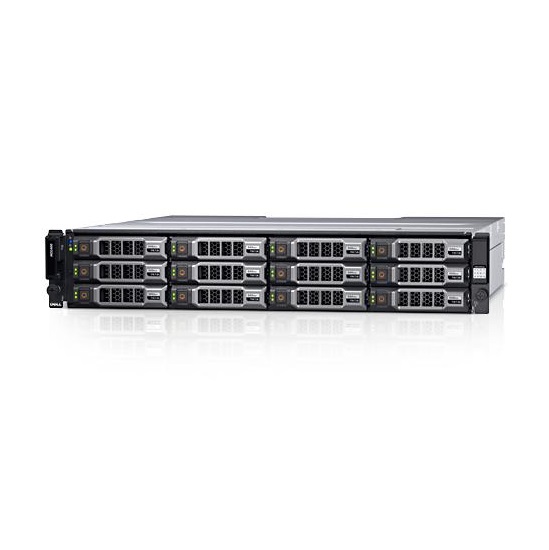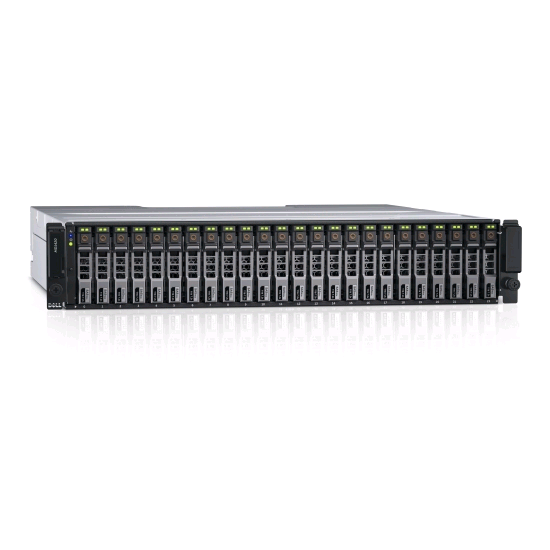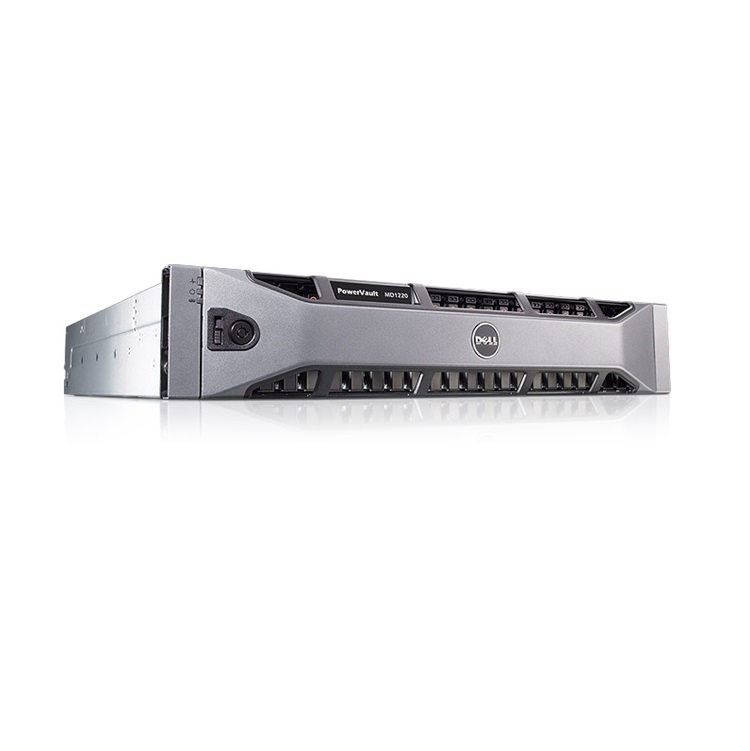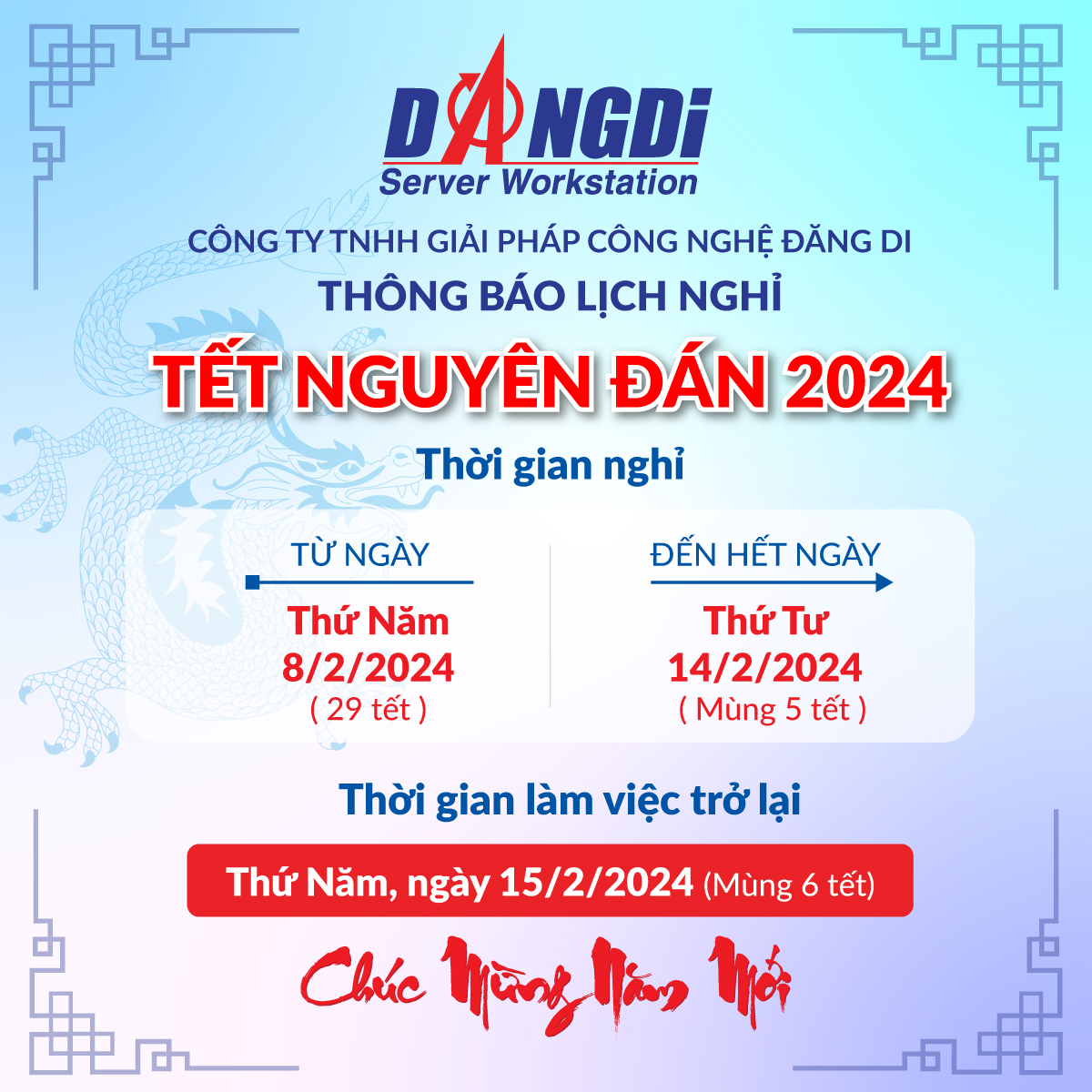| RAID |
Support for RAID levels 0, 1, 10, 5, 6
Up to 180/1924 physical disks per group in RAID 0, 10
Up to 30 physical disks per group in RAID 5, 6
Up to 512 virtual disks
DDP3 |
| Drives |
MD3420: Up to twenty-four (24) 2.5" SAS, NL-SAS, SSD, SED
2.5"--15,000 RPM SAS drives available in 300GB1.
2.5"--10,000 RPM SAS drives available in 146GB, 300GB1, 600GB1, 900GB1, 1.2TB1, 1.8TB
2.5"--7,200 RPM NL-SAS drives available in 500GB1, 1TB1, 2TB
2.5"--SSD available in 200GB, 400GB, 800GB (WI); 400GB, 800GB, 1.6TB (MU); 800GB, 1.6TB (RI) |
| Expansion Capabilities |
Up to 192 drives with MD1200/MD1220 expansion enclosures on the MD3400 and MD3420 arrays
Up to 180 drives with MD3060e expansion enclosures on the MD3460 array |
| Connectivity |
Hot-swappable controllers
MD34x0 and MD38x0x controllers are not compatible with the older generation arrays (MD32x0x and MD36x0x).
Single controller models:
MD3400/MD3420: Directly connect up to two high-availability (HA)-configured servers or eight non-HA-configured servers to a single MD3400 or MD3420 storage system. Available with 4GB cache controllers.
Dual controller models: MD3400/MD3420/MD3460
Directly connect up to four HA-configured servers or eight non-HA-configured servers to a single SAS storage system. Available with an option of 4GB or 8GB cache controllers. |
| Management |
2nd generation multi-protocol Modular Disk Storage Manager, Java based user interface
Multi-path graphical software provides failover management of redundant data paths between the server and storage array
MD3400/MD3420 Standard Features:
DDP3: Optional configuration to RAID disk management
VAAI support: Available for customers using VMware vStorage APIs for Array Integration,
vCenter Plug-in: Available for customers using VMware vSphere
VASA: vStorage API for Storage Awareness, available for use in conjunction with the vCenter Plug-in
SRA: Sight Recover Manager, available for use with vCenter Plugin
ALUA: Active-Active LUN Access
Supports Self-encrypting Drives (SED): Provide an additional level of data protection
Thin Provisioning: Allocate and consume physical storage capacity as needed
Try and Buy licensing: 90-day trial license of premium feature software
Microsoft Windows ODX
MD3460 Standard Features
Same features as MD3400
High Performance Tier: Increases array I/O performance
SSD Cache: Accelerates application performance by utilizing SSD drives as extended controller read cache
Optional Premium Features
Snapshots: Up to 128 snapshots per virtual disk and 512 per system
Snapshots Plus Virtual Disk Copy: Up to 512 simultaneous virtual disk copies
High Performance Tier (HPT)firmware upgrade increases array I/O performance5
Additional Hard Drives: capacity up to 1806 or 1927 hard drives
Remote Replication: Asynchronous and synchronous
SSD Cache: accelerates application performance by utilizing SSD drives as extended controller read cache |
| Power |
Wattage
MD3400/MD3420: AC - 600W peak output; DC – 700W (2U arrays support DC power supplies)
MD3460: AC - 1755W (dense arrays do not support DC power supplies)
Heat Dissipation (max)
MD3400/MD3420: 2047 BTU/hr
MD3460: 5988 BTU/hr
Voltage
MD3400/MD3420: 100 to 240V AC ;48V DC
MD3460: 220V AC, auto ranging, 50Hz/60Hz
Battery
MD3400/MD3420/MD3460: 6.0 DC, 100 mAh, 7.26 W Lithium Ion Battery
Frequency range
50/60Hz |
| Chassis |
Chassis (height x width x depth)
MD3400: 8.68cm (3.42") x 44.63cm (17.57") x 60.20cm (23.70 inches)
MD3420: 8.68cm (3.42") x 44.63cm (17.57") x 54.90cm (21.61 inches)
MD3460: 17.78cm (7.0") x 48.26cm (19.0") x 82.55cm (32.5")
MD3060e: 17.78cm (7.0") x 48.26cm (19.0") x 82.55cm (32.5”)
Weight
MD3400: 29.30 kg (64.6 lbs) (maximum configuration)
MD3420: 24.22 kg (53.4 lbs) (maximum configuration)
MD3460: 105.20 kg (232.0 lbs) (maximum configuration)
MD3060e: 105.23kg (232 lbs.) (maximum configuration)
Rack Support for MD3400 and MD3420 :
Dell ReadyRails™ II static rails for tool-less mounting in 4-post racks with square or unthreaded round holes or tooled mounting in 4-post threaded-hole racks.
MD3060e Dense Enclosure
EBOD expansion enclosure designed for use with the MD3 dense array series only (MD3260i, MD3460, MD3860i, MD3860f)
Dimensions are identical to the dense array series (MD3260i, MD3460, MD3860i, MD3860f)
Controllers on the MD3 dense series arrays have either one 6Gbps SAS Out port (MD3260i) or one 12Gbps SAS Out port (MD3460, MD3860i, and MD3860f) for connecting to the MD3060e enclosure expansion for additional capacity (max 2 per dense array). For systems without premium feature activation, the physical disk limit is 120.
MD3060e contains two hot-swappable enclosure management modules (EMMs) |
| Environmental Operating Conditions |
Temperature for MD3400/MD3420
Operating: 10° to 35°C (50° to 95°F) with a maximum temperature gradation of 10°C per hour, with no direct sunlight
Supports Fresh Air cooling, up to 35°C
Relative humidity
MD3400/MD3420:
Operating: 5% to 95% RH with 33 °C (91 °F) maximum dew point. Atmosphere must be non-condensing at all times
MD3460: Operating 5% to 95% (non-condensing) with 33 °C (91 °F) maximum dew point.
Altitude
MD3400/MD3420
Operating: -16 to 3048 m (-50 to 10,000 ft)
Note: For altitudes above 2950 feet, the maximum operating temperature is de-rated 1°F/550 ft.
MD3460
Operating: –30.5 m to 3000 m (–100 ft to 9,840 ft)
NOTE: For altitudes above 2950 ft, the maximum operating temperature is derated 1.8°F/1000 ft. |
| Operating System |
Microsoft® Windows®, Linux, VMware®, Microsoft Hyper-V®
See PowerVault MD3200/MD3220 Support Matrix for a list of currently supported operating systems. |
